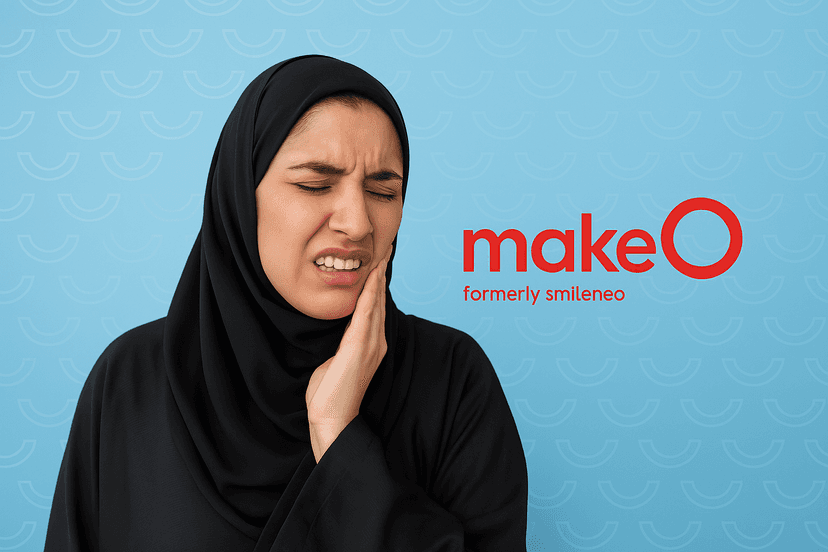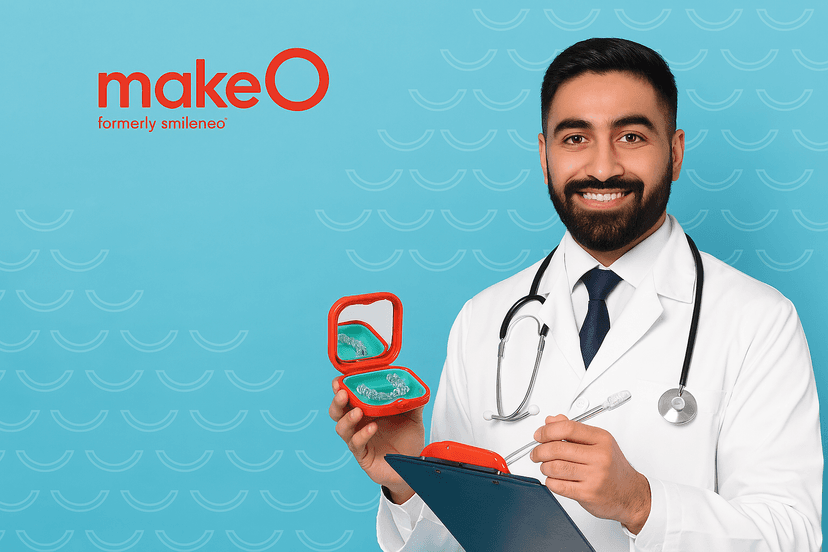Maintaining oral hygiene is an essential part of your daily care routine. Neglecting dental care can lead to problems such as tooth decay and gum disease, which can cause pain, difficulty speaking, and low self-confidence. Oral health issues are global health challenges that shouldn't be ignored. Fortunately, you can maintain healthy teeth and follow an effective oral hygiene routine by adhering to these basic tips:
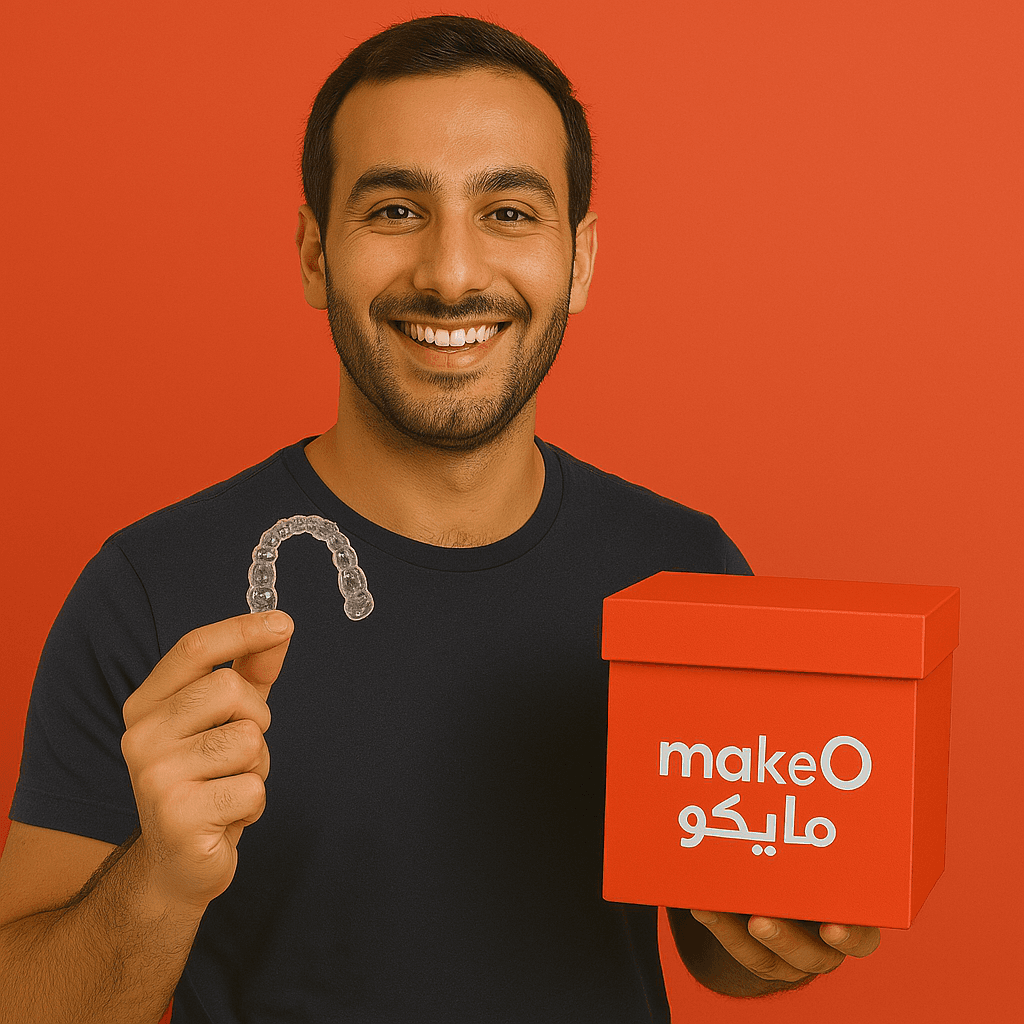
Brush Your Teeth Regularly
Brushing your teeth daily is one of the most important habits for maintaining oral health. Brushing helps remove plaque and bacteria that can cause tooth decay. However, don't brush too hard, as this can cause enamel erosion or gum inflammation. Make sure to brush your teeth at least twice a day and use a soft-bristled brush to protect your gums and enamel.
Use the correct technique
Brushing and flossing should be done correctly to ensure plaque removal and protect your gums. Use gentle, circular motions when brushing, and avoid excessive pressure on your gums to prevent gum recession.
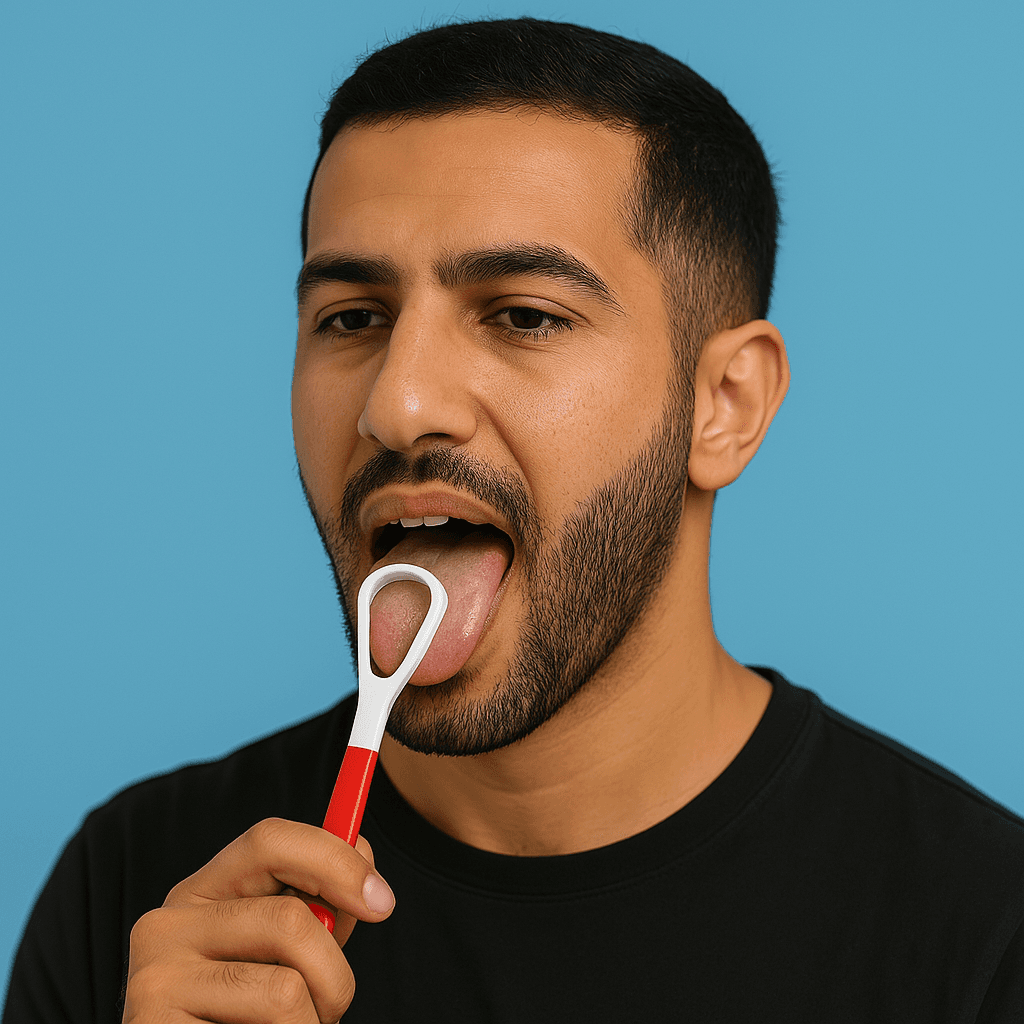
Clean your tongue
Cleaning your mouth isn't just about your teeth; it's also important to clean your tongue, as bacteria accumulates there and can cause bad breath. You can clean your tongue with a toothbrush if it has a special edge for scraping, or with a tongue scraper.
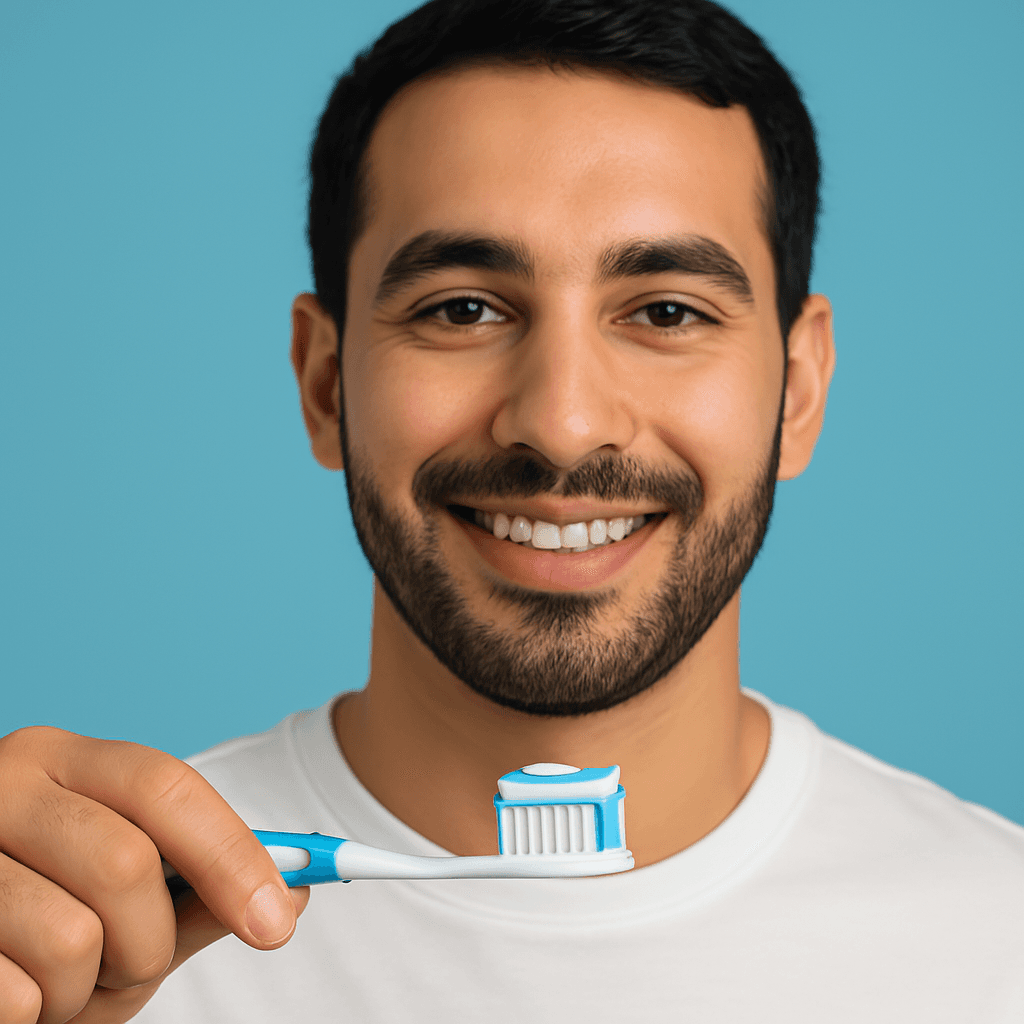
Use a fluoride toothpaste
When choosing a toothpaste, don't focus solely on flavor or whitening properties; make sure it contains fluoride. Despite some concerns about fluoride, it is essential for preventing tooth decay, as it acts as a protective barrier against bacteria and prevents enamel erosion.

Floss once a day
A toothbrush can't reach all the areas between your teeth, so daily flossing helps remove plaque and food debris stuck between your teeth, reducing the risk of tooth decay and gingivitis.

Use mouthwash
Mouthwash is an excellent addition to your dental care routine, as it helps:
Reduces acid levels in the mouth
Remineralizes and strengthens teeth
Cleans areas that are hard to reach with brushing and flossing
For best results, use a mouthwash that contains antibacterial ingredients to protect your mouth from infections.

Eat crunchy fruits and vegetables
Fresh, crunchy foods like carrots, apples, and cucumbers help naturally clean your teeth while chewing, and they also contain fiber that's beneficial for oral health. Your diet should include a balanced mix of fruits, vegetables, proteins, and healthy carbohydrates.
Reduce your intake of sugars and acidic foods
Sugar converts into acids in the mouth, which can lead to enamel erosion and tooth decay. Acidic drinks such as coffee, tea, and soft drinks can also weaken enamel over time. This doesn't mean avoiding these foods completely, but it's recommended to consume them in moderation and brush your teeth immediately afterward.

Drink Water Regularly
Drinking water throughout the day is an effective way to maintain oral health. It helps:
Remove bacteria and food debris from your teeth
Reduces acidity in the mouth after eating sugary foods
Moisturizes the mouth and prevents dryness, reducing the risk of tooth decay and bad breath

Visit the dentist regularly
Don't neglect regular dental checkups. Regular visits every 6 months help detect problems early before they worsen. Additionally, if you suffer from crooked teeth or malocclusion, orthodontic treatments can improve the appearance of your teeth and make them easier to clean, reducing the risk of cavities and gum disease.
Conclusion
Following this list will help you maintain healthy teeth for a lifetime. Maintaining oral health may seem complicated, but it's actually easier than you think. By brushing regularly, flossing, eating a healthy diet, and visiting your dentist regularly, you can avoid many common dental problems.
Remember, taking care of your teeth today means maintaining your bright smile and oral health for the future. Start now, and you'll thank yourself later for building these healthy habits!






